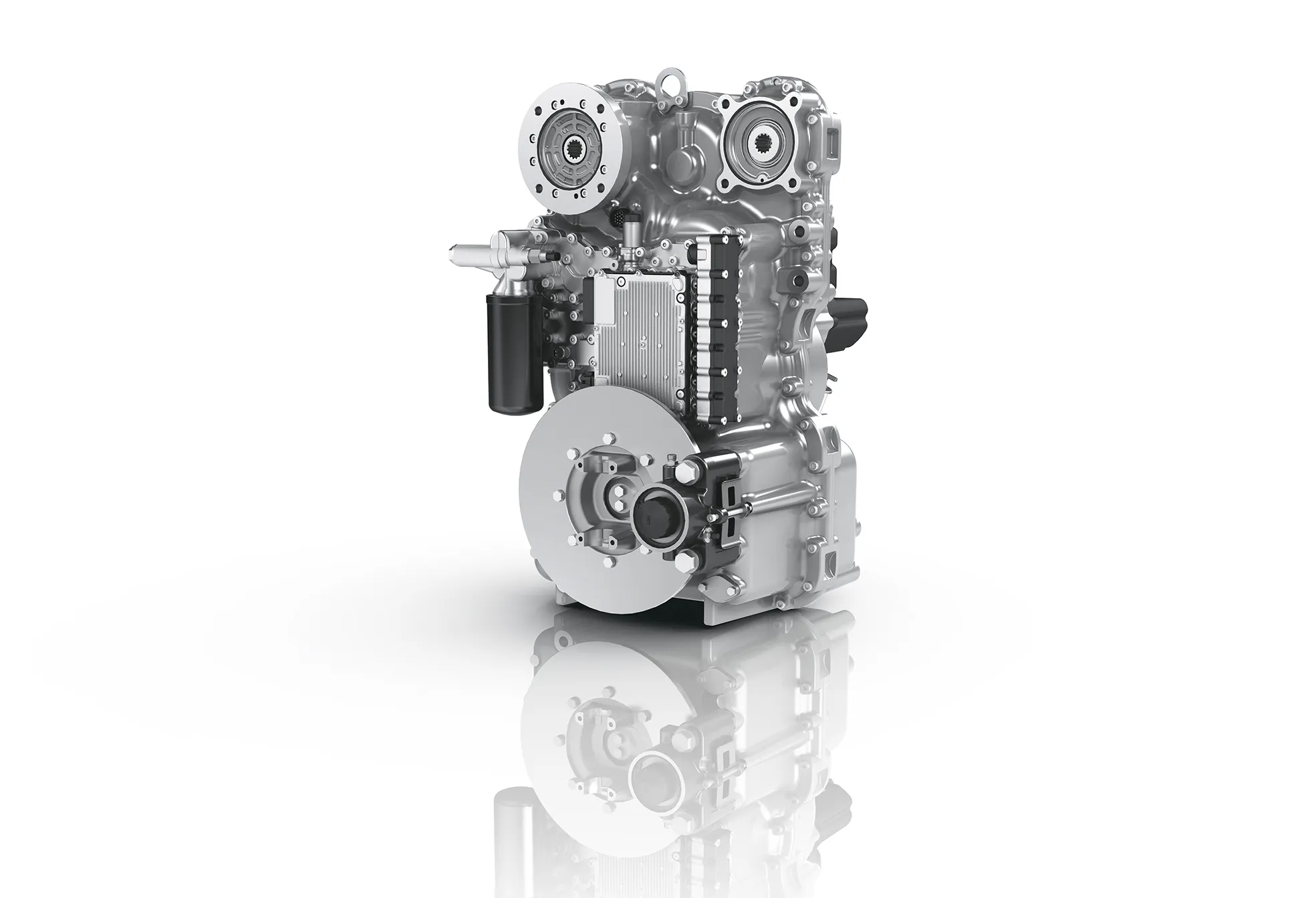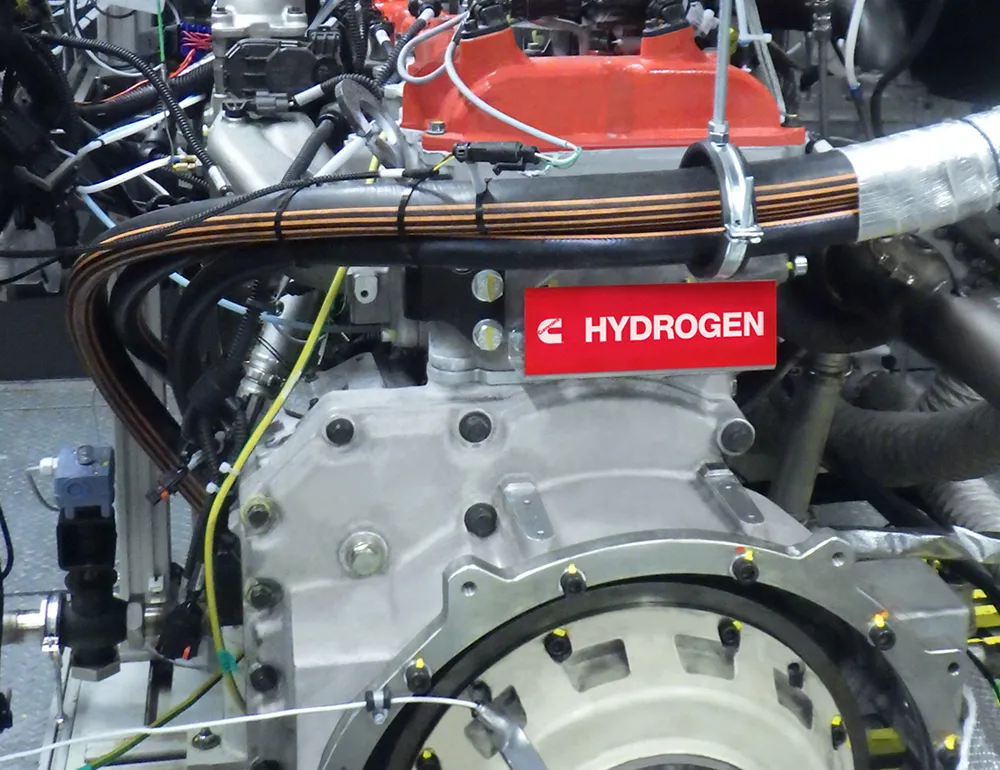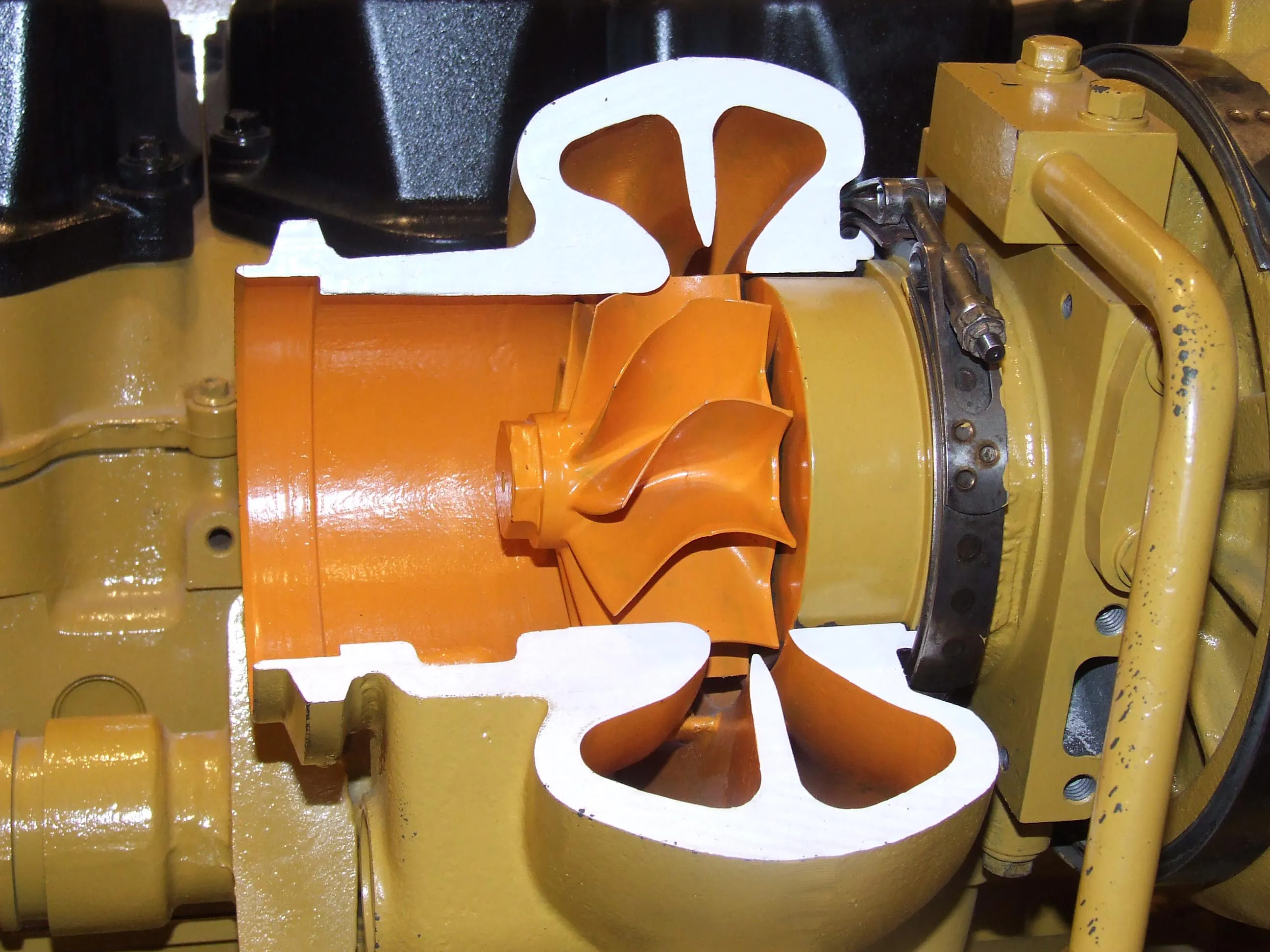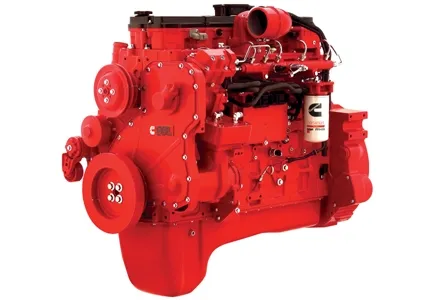Dana Holding and Bosch Rexroth have established 50:50 joint venture that will see the two firms partnering to develop and manufacture advanced powersplit drive transmissions for the off-highway market.
May 1, 2012
Read time: 1 min
The joint venture is called
Dana and Bosch Rexroth are each contributing staff, intellectual property, and capital to the new joint-venture company, which is based in Arco, Italy. Dana Rexroth Transmission Systems' HVT series are targeted for construction market with the initial focus on wheel loaders and graders with outputs of up to 270kW. Tests on wheeled loaders with the new HVT powersplit systems demonstrate fuel savings in the drivetrain of more than 20% when compared with the same vehicle fitted with a conventional torque converter transmission.









